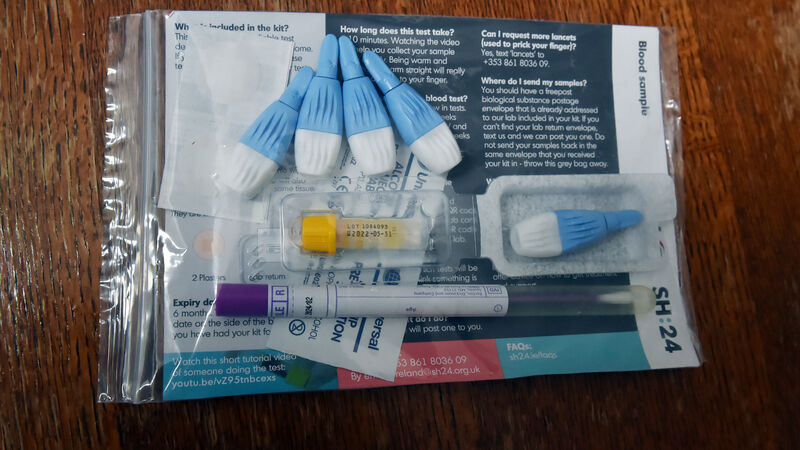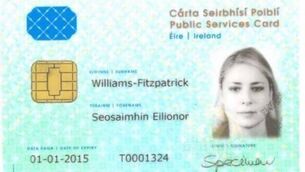Almost 50,000 home testing kits sought for sexually transmitted infections

HSE's home STI testing kits. Picture: Eddie O'Hare
A year on from the launch of the HSE’s pilot home testing programme for sexually transmitted infections, almost 50,000 tests have been delivered to service users — 57% of whom had never used any sexual health testing service before.
Under the scheme, users receive a test kit in the post, which they complete and free post back to the lab, and results are usually received by phone or text within 72 hours.










